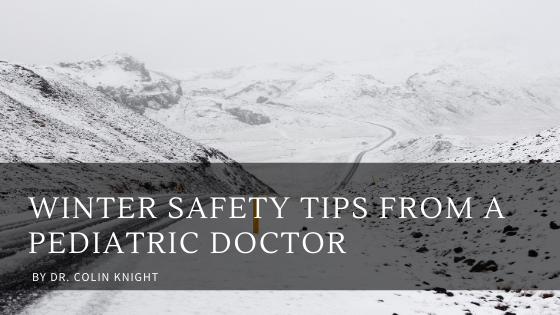With the winter fast approaching, the parents and loved ones of young children will want to take added precautions to keep their youngsters safe during harsh weather conditions. This goal might be accomplished by:
Dress Them In Additional Layers
Pediatricians and winter safety experts recommend parents abide by the “one extra layer rule”. This means that children should be donned in one extra layer of clothing than an adult would in similar weather conditions.
Keep Every Portion Of Skin Covered
In harsh cold and windy weather, doctors stress the importance of ensuring every portion of a child’s skin receives adequate protection. This mandate can be met by dressing young people in garments like hats, boots, thick, long socks, gloves and scarves.
Use Caution With Infant Bedding
Pediatricians and child safety experts caution parents to exercise extreme care when making infant bedding. Typical items like blankets, pillows, and quilts should not be fitted into an infant’s crib. Safety professionals opine that these items increase the youngster’s chances of suffocating. On particularly cold days, infants should rather be fitted in sleep-clothing designed for children of their age group.
Monitor Outdoor Exposure
Many children enjoy playing outdoors. This is especially true when the weather is cold and snowy. That said, during these potentially adverse conditions, the chances young people develop frostbite increase significantly.
This serious medical malady occurs when portions of the skin literally become frozen. In most cases, body parts most impacted include the hands, feet, ears, and nose. Frostbite can emerge quickly and often appears as grey, pale or blistered skin. When the condition has set in, children might also complain of burning or numbness.
Parents or other adults who suspect that their or other children might have frostbite are advised to immediately relocate the young people in question to a warm, indoor area, apply warm water to impacted skin until the symptoms clear. If associated manifestations do not improve within a few minutes, stricken youngsters should receive medical attention.
Hypothermia is another potentially dangerous condition that could strike children during harsh winter weather. This condition occurs when the body temperature drops precipitously. Symptoms might include pronounced shivering, slurred speech and extreme fatigue. Hypothermia is typically a medical emergency. Therefore, any parent who suspects their child is hypothermic should get them medical attention immediately.
